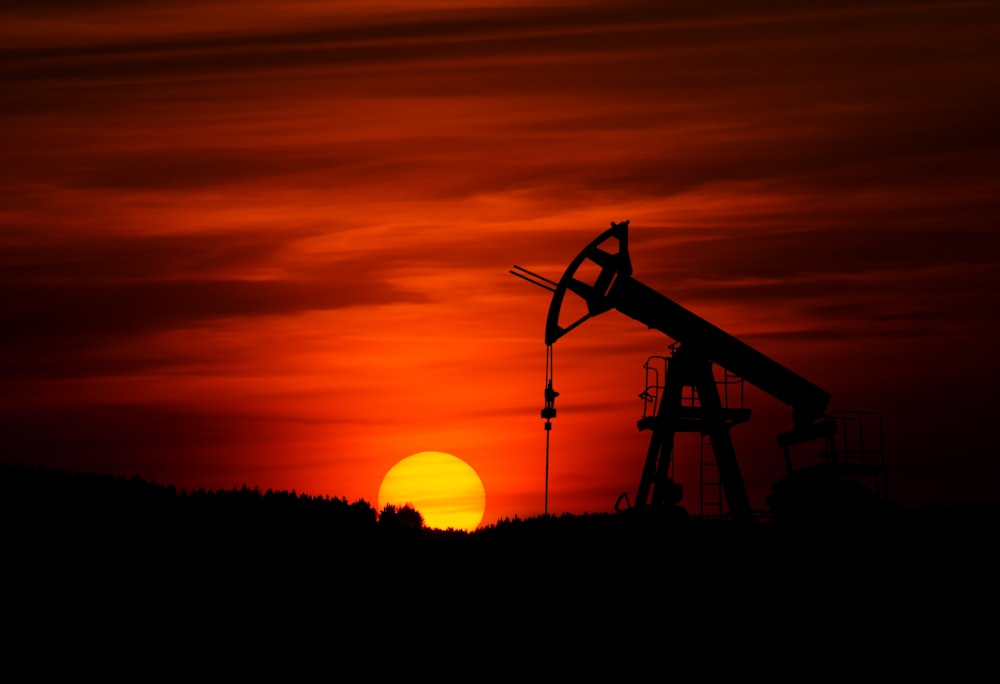No free lunch
Cutting global methane emissions from oil and gas is more difficult than it seems

Methane abatement by the oil and gas industry is one of the most cost-effective measures available to cut greenhouse gas (GHG) emissions. Recall that methane (CH4) is one of the most potent GHG with a global warming potential ~85 times greater than that of CO2 over a 20-year period. It’s no wonder that it’s getting so much attention recently.
Unfortunately it’s common for methane to be released across the oil and gas supply chain. Around two-thirds of its methane emissions comes from venting, one-quarter results from leaks (known as fugitive emissions), while the remainder arises from incomplete flaring during oil extraction. Overall, the oil and gas industry emits ~80 Mt of methane each year, accounting for about 20% of global anthropogenic (i.e., human induced) methane emissions. The methane leakage has a commercial cost too. Nearly 210bcm of natural gas is lost due to non-emergency flaring and methane emissions from oil and gas operations, according to the International Energy Agency (IEA).1
The top 10 oil and gas companies most responsible for the emissions released 26 Mt of methane into the atmosphere in 2022, according to Global Energy Monitor (GEM). Eight of these companies, and by far and away the largest emitters, were national oil companies (NOCs) such as Gazprom (2nd place) and Saudi Aramco (5th). Two of the top 10 were international oil companies (IOCs); ExxonMobil and BP in 8th and 9th place respectively (see Big Oil's bigger brothers: The battle to supply the "last barrel" in a carbon constrained future).2
The IEA estimates that over 75% of the sectors methane emissions can be reduced by implementing leak detection and repair programs, installing vapour recovery units, replacing pumps and compressor seals, and replacing existing devices with instrument air or electric motor systems. None of these abatement measures is particularly challenging from a technological perspective. Unlike other areas where decarbonisation is necessary, methane abatement from the energy sector is mostly not in the ‘hard-to-abate’ category.

